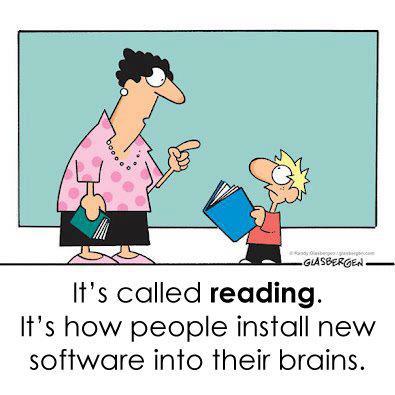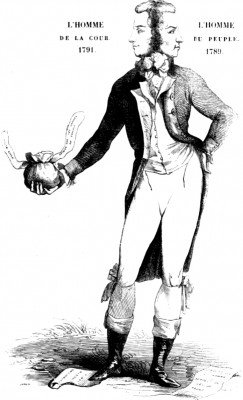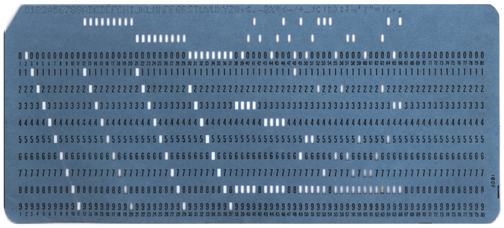How does one begin a blog post about a profoundly tragic event? With shock? Only, I’m not shocked. With anger? I am angry, but starting there doesn’t feel right. Empathy, I think, is how I have to start. I can only imagine the pain and fear of the people of Isla Vista, and honestly can’t imagine the depth of pain felt by those who lost family members and loved ones in Friday’s shooting.
As we all fumble through this event—which feels like yet another blow in a terrible but patterned chain of violent events—I believe many of us can’t help but wonder: how did this happen? How does it keep happening?
As with all things, the “how” is a complex question, one for which complete answers are largely impossible. In this case, however, I can identify two key interlocking factors: digital dualism and misogynistic culture. more...









